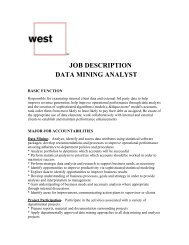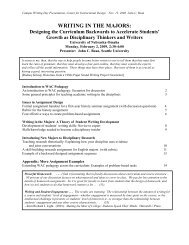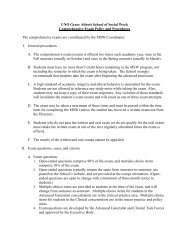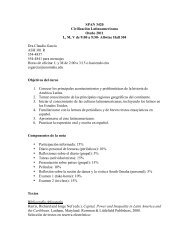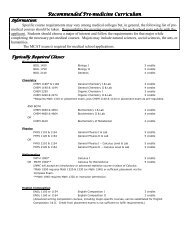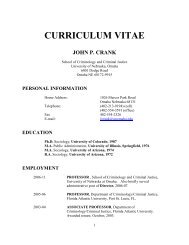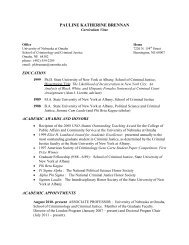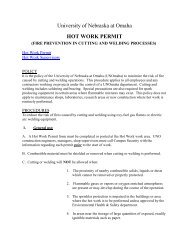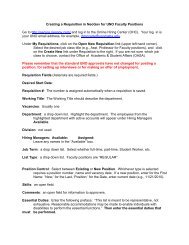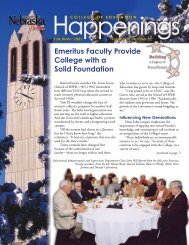âTHE BESTE GAME OF ALLEâ: PLAYING CHESS WITH FORTUNE ...
âTHE BESTE GAME OF ALLEâ: PLAYING CHESS WITH FORTUNE ...
âTHE BESTE GAME OF ALLEâ: PLAYING CHESS WITH FORTUNE ...
You also want an ePaper? Increase the reach of your titles
YUMPU automatically turns print PDFs into web optimized ePapers that Google loves.
Gerry Wolfson-Grande 13<br />
images of formations of chess pieces, with rooks (prisons), bishops (temples), and knights<br />
(tournaments), along with the inherent symmetry of the game and the concept of ordered battles<br />
between pieces.<br />
Muscatine considers Chaucer’s attitude towards disorder perhaps as being even more<br />
significant than his treatment of order, although, again, it could be said that it is the resolution<br />
toward order which enhances that significance. He describes the “subsurface insistence on<br />
disorder,” including Saturn’s speeches, to be “the poem’s crowning complexity, its most<br />
compelling claim to maturity.” 79 In that sense, as noted above, Muscatine’s conclusion that<br />
Theseus, as interpreter and problem-solver, is a vital representation of order, is reasonable. 80<br />
Others are not willing to go quite that far, preferring to cast Saturn in the role of chief<br />
agent of chaos, who may or may not be acting in accord with Fortune, or who may be acting<br />
entirely independently of any other influences. According to Robert Emmett Finnegan, Chaucer<br />
chose to add Saturn to the cast of characters borrowed from Boccaccio in order to emphasize<br />
“the problematic character of his gods, the serious nature of the division in heaven, and the<br />
ominous inability of the high god to resolve it.” 81 Blake views Saturn as an outsider, a type of<br />
universal outlaw, who creates “arbitrary and willful” solutions to problems with little or no<br />
concern for the ramifications of his actions. 82 Interestingly, she also comments that here one sees<br />
that “order may be created out of nothing, for no all-encompassing rational purpose, but out of<br />
gratuitous impulses of will.” 83 Considering that Saturn even admits that his primary motive for<br />
involving himself is to achieve peace between the squabbling Mars and Venus, 84 rather than any<br />
significant demonstration of his power, Blake may have a valid point. This does, however, then<br />
beg the question as to whether the influence of disorder, possibly operating at Fortune’s<br />
command, can actually create the opposite condition, in which case perhaps Theseus may





